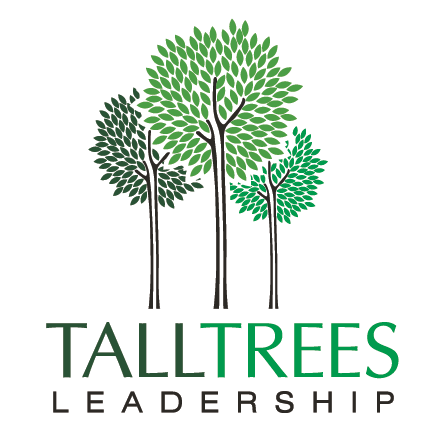
A healthcare professional’s guide to becoming a better listener
Effective listening is one of the most important skills a healthcare professional can have in their toolkit. It’s also one of the most difficult skills to make use of in practice.
With the time restraints, staffing shortages, and high stress of healthcare settings, properly listening to patients/clients and your team members can be incredibly challenging.
In an episode of our Central Line: Leadership in Healthcare podcast, TallTrees co-founder Leah Wuitschik sat down with listening expert Dr. Laura Janusik to get some tips on how healthcare workers and leaders can become better listeners during their everyday interactions at work
1. Understand the difference between hearing and listening
It might seem like listening is an intuitive skill—something we all do every day without thinking about it. But, as Dr. Janusik will tell you, there’s a big difference between hearing and listening.
“Hearing [is] the passive process that you can’t help but do,” she explains. “Listening is really about making meaning.”
You may, for example, hear people talking nearby, but if you’re not actively engaging with what they’re saying and making personal meaning out of their words, you’re not really listening to their conversation.
This is an important distinction—not so much because it’s hard to determine whether we’re listening or hearing, but because it’s important to understand listening as a process of meaning-making.
For example, if you’re explaining something to a patient or client, it’s important to understand that as they listen to your words, they are constructing their own meaning based on their previous experiences, memories, and current emotional state. That meaning may or may not be the same as the meaning made by another healthcare professional, or even a different patient/client.
You might be saying, “You’ll need to take your medication twice a day, before you eat,” but the meaning they’re making of that may be “I already have too many things to remember and the thought of doing that is exhausting.”
2. Ask questions
.png)
So how do you ensure the meaning people around you are making of what you’re say matches the intended meaning you want to convey?
Dr. Janusik says one of the most effective things you can do to improve your listening skills is to ask more questions during your daily interactions.
This is especially important in healthcare, where the relationship between patients/clients and professionals is shifting towards a model that relies on people being more active in their own care plan.
“The [healthcare] model has shifted…to a more shared-decision making model,” says Dr. Janusik. “However, patients have never been taught how to do that.”
While in theory, it’s great to offer a patient or client choice when it comes to treatment and care, Dr. Janusik stresses that many people are too emotionally charged in healthcare scenarios to process information and make rational decisions.
“I would recommend a healthcare worker approach [conversations with patients/clients] from two different perspectives,” she says. “There’s the logical, rational perspective where you could explain to me how many units [of medication] I’m getting or how many units a typical person gets versus the emotional perspective.”
Understanding someone’s emotions before giving them the information they need to share in the decision making process regarding their health is crucial because, as Dr. Janusik says, “Our feelings as human beings almost always trump our rational thinking.”
How do you ensure you understand how someone is feeling about a situation? That’s where asking questions comes in.
“Ask questions…not ‘what do you want to do right now’...but questions about how [they’re] feeling,” says Dr. Janusik. “If the person is blank, perhaps offer some different options—I know other people in this position would feel really frightened…As soon as somebody confirms another emotionally, that level of tenseness or stress dissipates a little bit.”
.png)
3. Avoid making assumptions
It’s easy to let our tendency to make assumptions get in the way of meaningful conversations. In fact, our brains are hardwired to look for familiar information and fill in the blanks based on past experiences. The result is that when someone is talking, we sometimes assume we know what they’re going to say before they’ve finished.
This is often referred to as “listening to respond” because we’re thinking about what we’re going to say next instead of truly listening to everything the other person is saying.
To avoid making assumptions, Dr. Janusik recommends always clarifying what people mean, even if you think it’s obvious.
“Take what I like to call the abstract nouns and ask what that means to the person,” she says. “[For example], you say you want to have a high quality of life—what does high quality of life mean to you?”
This technique will help you get a better understanding of what a person is thinking and feeling. You’ll also avoid misunderstandings due to the assumption that a particular abstract noun means the same thing to you as it does to the person you’re talking to.
Hone the power of listening with Dr. Laura Janusik
You can learn more about how you can hone your listening skills to improve your conversations with patients, clients colleagues and coworkers by listening to the full episode of the Central Line: Leadership in Healthcare podcast below.
